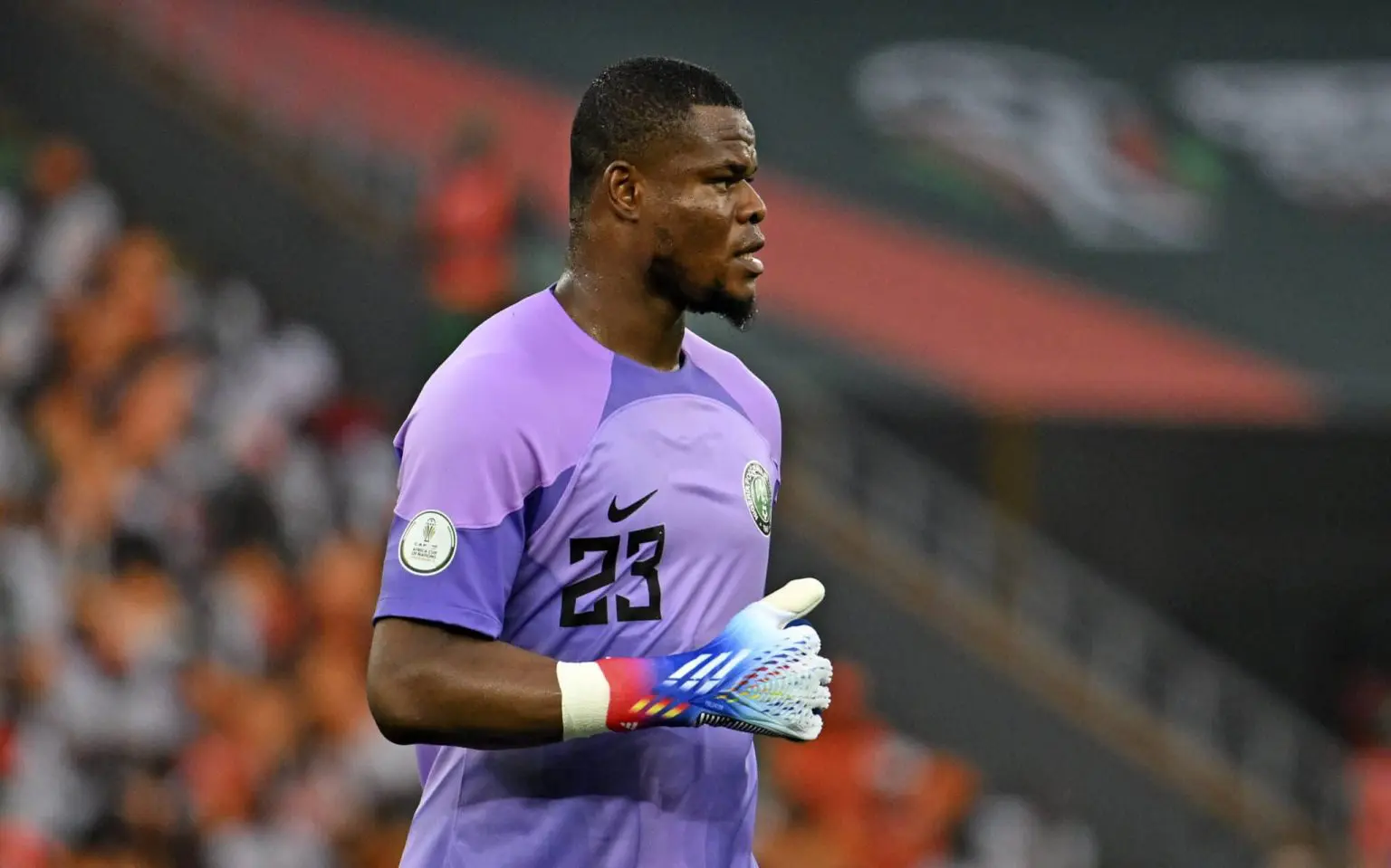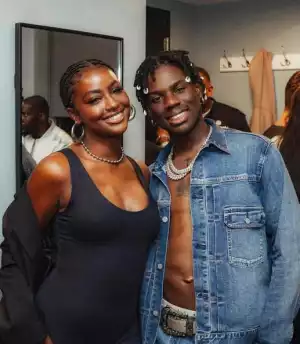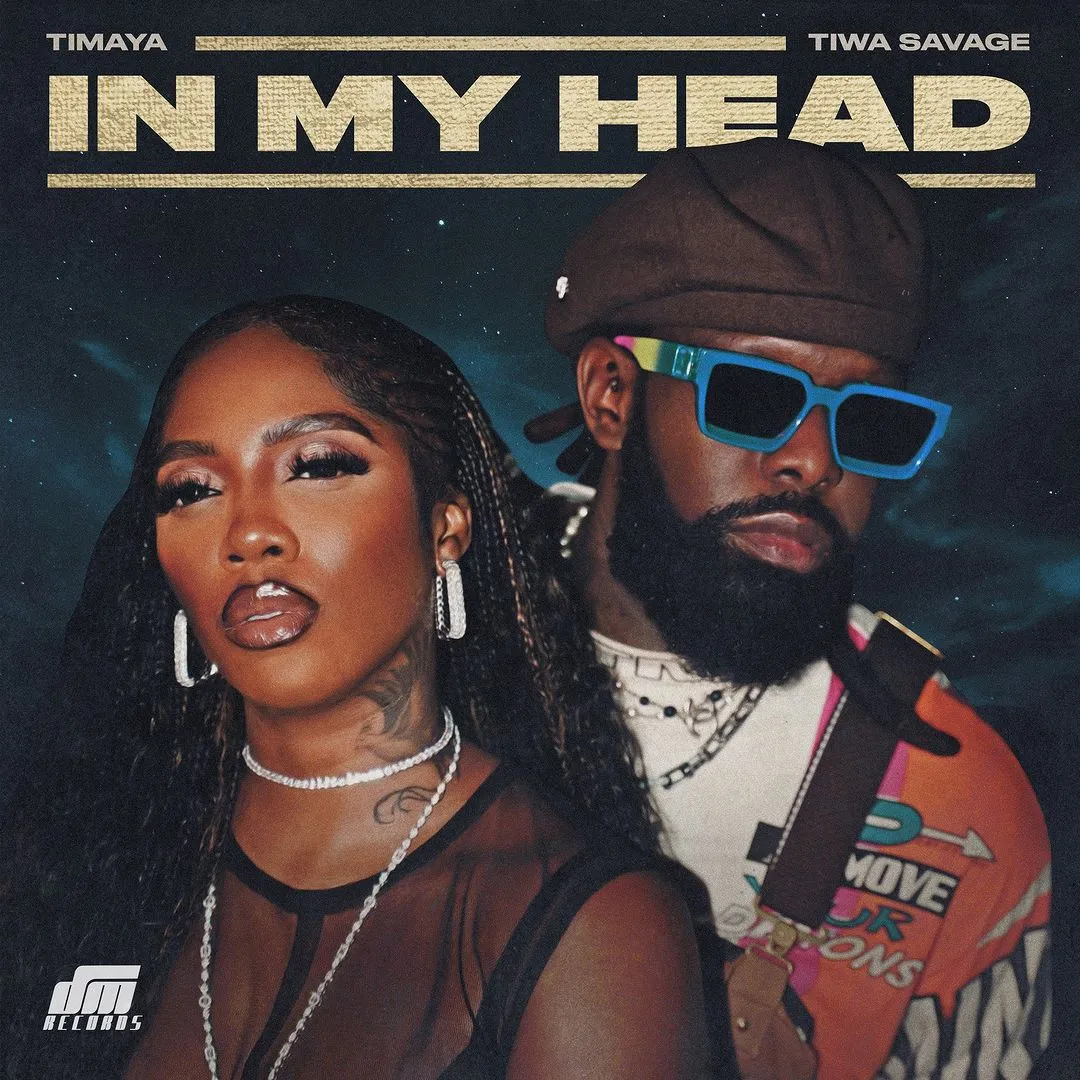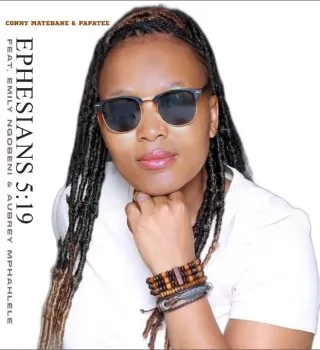‘I Wore My First Pair Of Shoes In 1952’ ---- Lateef Owoyemi
.jpg?w=900&ulb=true&ssl=1)
‘I Wore My First Pair Of Shoes In 1952’ ---- Lateef Owoyemi
Former President, Institute of Chartered Accountant of Nigeria (ICAN), Otunba Lateef Owoyemi, speaks on his sojourn through life in this interview with Gbenga Adeboye.
Where were you born and what was growing up like?
I was born on Friday, April 16, 1937 in Idowa. My mother was the daughter of the first muslim in this community. She was very rich and self-sufficient before her marriage. She was a kolanut dealer. It happened that there was an agreement that my mother would be living in her house, though she was married.
They called me, Abiku, meaning a child who was born and died for about four or five times. When I eventually stayed, special care was taken of me. My father had 14 wives and 38 children. I was spoilt, sort of. Neighbours used to tell my mother that because I was so spoilt, I would be useless in the future.
It turned out that I became very hardworking and I was only scolded once by my father.
When did you resume school?
I resumed my primary school at Idowa here. It was a Christian Anglican school. It happened that at every examination, I was always sick, but at the end of the exam, I would come first.
Back then, you resume secondary school after standard six. But on account of my brilliance, it was suggested that I should take the exam in standard five.
So I did it. We were about 10 from this area that sat for the exam. One of us was the son of an herbalist, native doctor. In fact he was the head of masquerades in Ijebuland.
He gave his son a magic potion inside a tin of mentholatum. The instruction was that after writing the exam, the son should rub a bit of the content on the paper. According to him, whatever the son, or whoever used the potion, had written would be marked correct by the examiner.
I happened to sit at the back. After the boy applied the potion, he passed the tin to the rest of us but before it got to my turn, the potion had finished. It was absolutely dry. I started crying, believing I would be the only one to fail the exam.
(Laughs) Everybody was sorry for me. They consoled me that if I failed, I would pass the next year.
To everybody’s surprise, when the result came. I was the only one that passed from here. The rest of them failed.
[ads4]
That was how I went to Grammar school at Ijebu Ode in 1952. It was there for the first time, that I saw white soap- Western made bar soap. It was there that I wore shoe for the first time. We went to primary school with bare feet.
I was in the boarding house. It happened that while at Ijebu Ode Grammar school, the school wanted to experiment with the 5th year school certificate students instead of the 6th year students. So they merged both 5th and 6th year students for WAEC exams.
Throughout that year, fortunately for me, I led the two combined classes, even though I was in form five. Then I passed the final exam.
After that what next?
In those days, and I will strongly advocate this for the Buhari government, we had what was called Labour Office, LO, owned by federal government. It was a place where people, who just finished school, went to register. They will register your name and the type of work you would like and every employer, whether private or public, had to consult that LO before employing anybody.
It enabled the FG to know how many people were looking for jobs and how many had been employed. Not now that you are just hearing that 3 million jobs have been created and nobody knows who employed them. This country must go back.
We should have LO in all LGs of the federation for unemployed people to register and for employers to consult so that we can have statistical records of what’s going on in the country.
I went to the LO and got motivated by a poster with the inscription that says ‘ fear not a man that gets to work early and closes early, but fear a man that gets to work early and closes late, because he will get all the promotions’ that message stuck with me.
When I became employed at the federal survey office, I put it to practice. The girls in the office, though older than me became fond of me. That annoyed my boss and he started criticizing me instead of commending me.
As a result, I resigned the job at age 19 or 20. I then applied at the Nigerianisation Office. The office was formed to bridge the gap between expatriates and Nigerians. We were to scour for Nigerians in overseas schools to replace the expatriates. I was employed as a finance clerk.
I worked so hard that I went to work even on Saturdays. My salary was 12 pounds and after deduction of bicycle loan, I was still able to send my younger brother to school. Back then, Nigeria established science schools. When my boss wanted to reward me with further education, I chose to go to the science school, but he disagreed and sent me to train at Nigeria College of Art and Technology as secretary.
I was very popular among the students. People like Jim Nwobodo were looking up to me. I became a student leader activist. I was part of the students that demonstrated against Nigeria’s military pact with the British in 1960.
I became the director of socials at the University of Ife because we formed the nucleus of the students there at inception in 1963. The problem we faced at our parties was that there were always more boys than girls.
And the undergraduate girls were too pompous. They never wanted to dance with us.
How were you able to deal with that?
As the director of Socials, I devised a means. I went to the secondary schools in Ibadan. I wrote them letters that the secondary schools had been selected to send their best ten, well behaved girls to Ife for a competition. It became a serious competition and we arranged to pick them.
Girls were struggling to get on the list and when you have ten girls from ten schools, that is 100. I would send buses to pick them and it was wonderful. There were enough girls.
How was higher education back then?
Fantastic, the standard was comparable to anywhere in the globe. The examination back then was external. In year two, I had passed all the four year examinations. I approached the school head for further scholarship. She wrote the Scholarship Board and it was approved.
What did you choose to study for the second scholarship?
I wanted to study Law, but they said Nigeria had enough lawyers but few accountants. So I was given Accountancy. I avoided London, and ended up in Leeds.
It was a full time class but I was forced to change to part time, due to the behaviour of the Arabs who were frolicking with girls on the corridor at every opportunity.
The evening students were mature students who only wanted the qualification. They were already employed. So I joined them and got a job as a painter. I attended evening classes. Just at it happened in Nigeria, I finished the four year course in 18 months with professional qualification and the best student price, at 24.
After graduation, what next?
I wanted to do Masters in Economics in London but was forced back by the Nigerian government that there was a dearth of accountants. I didn’t want to come back because my wife had just joined me. So I eventually came back home and joined the federal civil service, at the federal treasury.
I moved to Nigerian Civil Aviation College, Zaria and also worked at Nigerian Telecommunication. Immediately I joined service, I was entitled to a car of my choice, but I didn’t buy.
I was the Bursar of the Aviation school at 27. The officials in the federal agencies didn’t want me to get the job. I was on 750 pounds salary per annum and they reasoned that if I was made the bursar with 3000 pounds salary per annum, it would create problems.
But because the project was initiated by the United Nations, and the interview was conducted by them in which I beat others – older men and senior persons already on 1700 and 2700 pounds salary, the UN people insisted that it should be me or they would take the project to Kenya.
Six months after, I was appointed bursar for the flying school. That led to a spiritual attack from other less fortunate staff who felt I was too young and therefore undeserving of that position. I fell terribly ill.
The principal too didn’t want to see me and insisted that I should be posted back to the Ministry. So I went back from earning 3000 to 750 pounds. But within the next six months I got promoted to principal accountant.
But I resigned because the Accountant General, one Mr Cardozo, was just 38 and I reasoned that he still had almost 20 years ahead of him, he would block my carrier progression.
I resigned and joined NITEL as a principal accountant. At NITEL, you must score 70% at the interview. The panel had already scored the cousin of the permanent secretary, 74% because they had reserved the job for him. After my performance, they had no choice than to give me about 86%.
The PS was so angry with the scores that he demanded for the marking sheets. Then he discovered that the managing director, who was part of his cousin’s arrangement, gave me the lowest mark of 78%.
At that time, NITEL was the second most efficient telecom company in the whole world. KDD of Japan was first, we were second and British Telecoms came third. In- fighting destroyed NITEL because the technical people there insisted that it must be headed by an engineer at all times.
I left NITEL and joined National Supply, a new company.
Let’s talk about your ICAN presidency. How did it happen
I was secretary of the Nigerian Society for Works and Cost Accountants. We were industrial accountants. In England, it is the leading institution for the industry. When we came to Nigeria, we knew our worth but accountants in the country were discriminating against us.
So I wrote Yaba College of technology for them to be encouraging students to take courses in our area as well as other accounting areas. In the papers, when firms advertised vacant positions for accountants, they won’t mention us but I would write them.
I urged them not to take us but test us along with other accountants. They obliged and we started taking up all the jobs. One time, we were holding our annual general meeting and our secretary from England was to attend. I was also able to get Adetoro, Minister of Industry and Alh. Aminu Kano, Minister of Communication, to join me at the airport in welcoming my secretary from London.
Daily Times carried the news and ICAN people became panicky. They felt if Alh Owoyemi could pull off something like this, then they were in trouble.
What they didn’t know is that those two ministers were just traveling and I was able to convince them to join me in welcoming my secretary – pure coincidence. (Laughter).
After that issue, they discussed us at their meeting and concluded that if they didn’t bring us to ICAN, we would overshadow them. That was how we became members. They asked us to apply individually and we were admitted.
Shortly after I joined, I wanted to contest election to the Council but they ganged up against me.
It’s like how APC is relating with PDP people now. I eventually got elected into the Council in 1991 after I delivered a blistering paper that opened the eyes of the young accountants to their unfortunate professional conditions.
At the Council, I was marked down as a radical. For about four times that I tried to be president, I was put down. Nonetheless, I was always asked to provide solutions to ICAN problems.
Eventually, I was made chairman, ICAN Long Range Financial Plan Committee. In that capacity, my committee recommended many policies that transformed the body and made it the wealthiest in Africa.
Every event was sponsored, including courtesy calls to newspapers. I also ensured that ICAN staff were upgraded to high salaries.
I also championed the standardisation of audit rates. It took a lot of manoeuvring to get the big firms, but we succeeded. As a young man with an audit firm now, you can approach any company with that rate and then negotiate. It lifted auditors out of poverty.
Finally, I became president without the recommendation of the outgoing president, and I did my best.
I ensured that the ICPC Act clause that made it mandatory for the agency to have an accountant as member was implemented.
What do you think the incoming government of Gen Buhari should make its priority?
There have been vast and bewildering changes. Some positive, many most unfortunate and regrettable. In the 60s, a minister built a house and let out that house under his ministry. It became a scandal. Today, half of Abuja is owned by permanent secretaries and directors. They are government landlords.
Another scandal was when the western administrator built Mosaic House and let it out to a federal ministry. That, we saw as corruption. Today, corruption is everywhere.
From tailor to policeman, everywhere, even the judiciary. Some of us who hate corruption have wondered whether Nigeria would one day have an honest man as its leader.
I hope that a fundamental change has come because corruption in our society has become so bad. I have always been voting for Buhari all the times he has contested.
I believe so much in him. I have been wondering that will I die with corrupt people ruling, or would a government come in my lifetime where honesty would become the law? I thank God for today.
A lot of these people who steal public money end up in tragedy and disaster. I have seen somebody in this ward who had 35 houses with 18 in London, he died penniless. He sold all of them for political reasons.
The fight against corruption is for everybody. The orientation agency must come up with stickers which say ‘Today, I Will Not Practise Corruption’. It must be everywhere.
If everybody is not involved in fighting corruption, Buhari will have problem fighting it. We must always ask ourselves that ‘if it was England, would I do it this way?’
Corruption is so endemic that it is a culture in some places. Nigeria should have ‘anti-corruption week or month’ where everybody will talk corruption. I gave a job to a carpenter who charged N62, 000. I paid N60, 000 upfront, he disappeared, not a nail, isn’t that corruption?
I want to beg, the fight must begin from the civil servants to the private sector too. A lot of directors of public quoted companies are sharing people’s money among themselves.
Why should MDs of banks have private jets, from where did they get the money? It is not from their salary, it’s from acts of corruption. There are 150m Nigerians, this monster, corruption, is an octopus with about 100m fingers.
The president must mobilise the whole nation to eschew corruption. Anti-corruption laws should be done in such a way that anybody convicted of corruption should not enjoy state pardon.
You are 78, what would you have loved to change if you had the chance?
Maybe I would have taken the issue of marriage more seriously. Much more maturely because I have discovered that when a young man wants to marry a young lady, you make commitments beyond your knowledge until you discover what you want later in life.
For instance, when I was a young man, I was so impressed by the Europeans’ set up of marriage of one wife and one or two children. I wanted that life of one wife and a child. But later, I really discovered that I wanted more than one wife and I love children.
So in that kind of environment, I want to advise a young man who wants to marry that he should be very cautious in making promises. A young man of 24 or 25, telling a woman that he would not marry another wife, what does he know about life?
What does he know about his own behaviour? How do you know your circumstances? You say you want one child, you don’t even know who you are until you are 30, 40, or 50. I love children a lot. Whereas my friends in England were Europeans who had only one child or two.
Now, I have nine children and I have two wives. That’s something about marriage. There have been four of them in my life and the story has not exactly been happy.
So I believe that as a young man, you should be very careful in entering into lifelong commitments without proper knowledge. I didn’t know my father had fourteen wives. I should have known that I have that instinct in me, they say ‘like father like son’, I wouldn’t have been promising my senior wife that I would marry only one wife.
To that I feel sorry that I made a promise that I could not fulfil.







![Drug Hunting Operation (2021) [Chinese]](https://www.memesng.com/r/storage.waploaded.com/images/59c10c689878bfc015a8ec12d3be1cfe.jpg?w=50&ulb=true&ssl=1)
![Don Juan Of Zhashkiv (2024) [Ukrainian]](https://www.memesng.com/r/storage.waploaded.com/images/6291d24da7356687f32f429511322d5e.jpg?w=50&ulb=true&ssl=1)
![The Soldier King Legend (2020) [Chinese]](https://www.memesng.com/r/storage.waploaded.com/images/62e47acf7df7726697c240f188cdd024.jpg?w=50&ulb=true&ssl=1)

















{{comment.anon_name ?? comment.full_name}}
{{timeAgo(comment.date_added)}}
{{comment.body}}
{{subComment.anon_name ?? subComment.full_name}}
{{timeAgo(subComment.date_added)}}
{{subComment.body}}